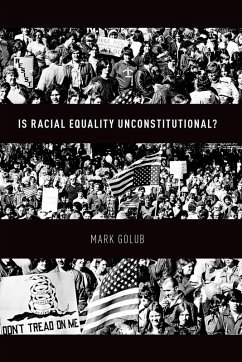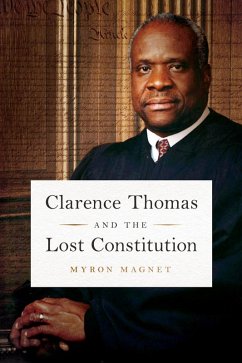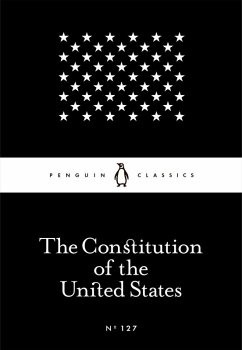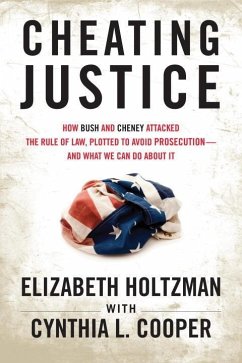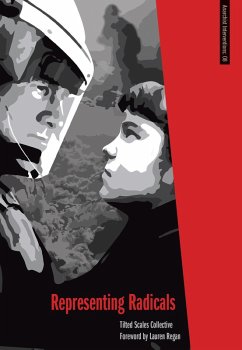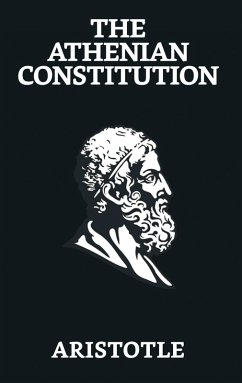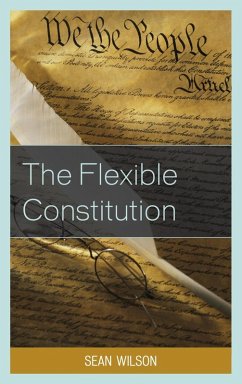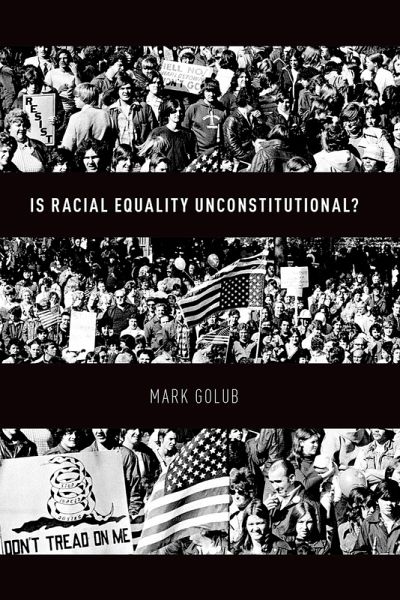
Is Racial Equality Unconstitutional? (eBook, ePUB)
Versandkostenfrei!
Sofort per Download lieferbar
9,95 €
inkl. MwSt.
Weitere Ausgaben:

PAYBACK Punkte
5 °P sammeln!
More than just a legal doctrine, color-blind constitutionalism has emerged as the defining metaphor of the post-Civil Rights era. Even for those challenging its constitutional authority, the language of color-blindness sets the terms of debate. Critics of color-blind constitutionalism are in this sense captured by the object of their critique. And yet, paradoxically, to enact a color-blind rule actually requires a heightened awareness of race. As such, color-blind constitutionalism represents a particular form of racial consciousness rather than an alternative to it. Challenging familiar under...
More than just a legal doctrine, color-blind constitutionalism has emerged as the defining metaphor of the post-Civil Rights era. Even for those challenging its constitutional authority, the language of color-blindness sets the terms of debate. Critics of color-blind constitutionalism are in this sense captured by the object of their critique. And yet, paradoxically, to enact a color-blind rule actually requires a heightened awareness of race. As such, color-blind constitutionalism represents a particular form of racial consciousness rather than an alternative to it. Challenging familiar understandings of race, rights, and American law, Is Racial Equality Unconstitutional? explores how current equal protection law renders the pursuit of racial equality constitutionally suspect. Identifying hierarchy rather than equality as an enduring constitutional norm, the book demonstrates how the pursuit of racial equality, historically, has been viewed as a violation of white rights. Arguing against conservative and liberal redemption narratives, both of which imagine racial equality as the perfection of American democracy, Is Racial Equality Unconstitutional? calls instead for a break from the current constitutional order, that it may be re-founded upon principles of racial democracy.
Dieser Download kann aus rechtlichen Gründen nur mit Rechnungsadresse in A, B, BG, CY, CZ, D, DK, EW, E, FIN, F, GR, HR, H, IRL, I, LT, L, LR, M, NL, PL, P, R, S, SLO, SK ausgeliefert werden.




